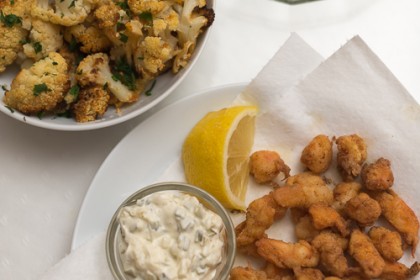Yesterday, I spoke about reading labels and how you really need to go right to the ingredient list, because labels can be deceptive.
For example, a processed food can be high in fat (like eggs) but if it is a natural, healthy source of fat that is okay and can actually be beneficial for health. If it is a processed fat like hydrogenated oil or soybean oil or safflower oil (which is high in Omega 6’s) it won’t be beneficial. According to this book Smart Fats: How Dietary Fats and Oils Affect Mental, Physical and Emotional Intelligence our brains are 60% fat. Although too high cholesterol can be a problem for some, too low cholesterol, being on a fat free diet and malabsorption of fats can be a big problem too since all of our sex hormones are created from cholesterol and our brain needs fat to develop and function.
This is especially important for children whose brains are developing. For people with celiac, this can be an issue because when you have active celiac you don’t absorb fat which can affect brain function and health. And vitamins A, D, E and K are all fat soluble vitamins so they need fat to be absorbed.
But, you need the healthy, natural fats for health benefits. Some healthy fat source to consider including in your diet are olive oil, fish oil (from Nordic Natural or Carlson,) avocados and avocado oil, walnut oil, coconut oil and (this might surprise you) egg yolks.***
Also, MSG, a neurotoxin that Russell Blaylock wrote about in his book Excitotoxins: The Taste That Kills, are often hidden in processed foods. Manufacturers use words like: Spices, Natural Flavoring, Hydrolyzed Vegetable Protein, Hydrolyzed Plant Protein, Sodium and Calcium Caseinate, Yeast Extract, Autolyzed Yeast, Stock, Natural Beef or Chicken Flavoring and Seasoning.
So the bottom line is: always read the label to determine the actual ingredients in a product and whether they are natural ingredients you recognize as food. It’s important to look at labels to check if what you are eating is really a chemical soup. There is no such thing as junk food–it’s either food or it’s junk! Choose products that have a simple list of ingredients whenever possible.
***The “don’t eat egg yolks theory” is not something I seen good research on–cholesterol is created in your liver and really indicates some sort of inflammation/damage going on in the body. Of course, talk to your doctor if you have high cholesterol, but consider reading Dr. Natasha McBride’s book Put Your Heart in Your Mouth to inform yourself if you do have high cholesterol to inform yourself about this issue.
Related posts:
Goldfish, Allergies and Reading Labels
The Dangers of Processed Food




Cannon and Kassie - I wish I had been able to attend this! you are so great at explaining things, I'm so glad you are educating others about health!